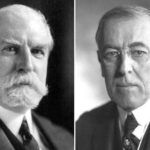
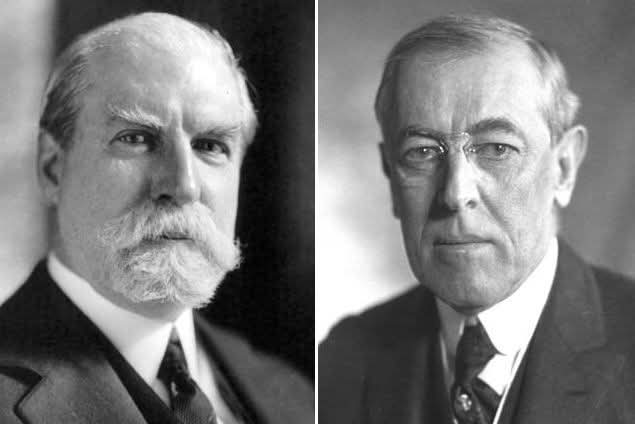
New York bookmakers quoted the final odds at 5 to 3. On election night, FDR attended a large dinner given by Henry Morgenthau, Sr., for party bigwigs at New York’s Biltmore Hotel. . . . [The] politicians hoped against hope the bookies had it wrong. Gloom settled in quickly. Early returns from the East showed a landslide for Hughes. Connecticut, Delaware, Massachusetts, New Jersey, New York, Rhode Island, and Vermont, all of which Wilson had carried in 1912, had swung Republican. North of the Mason-Dixon line, only New Hampshire remained in doubt.
“At midnight, Franklin left the Biltmore to catch the last train to Washington, certain that Wilson had lost. Newsboys were already hawking Wednesday’s New York Times proclaiming Hughes elected in banner headlines. At press time, the Republicans had carried or were leading in eighteen states with 247 electoral votes to Wilson’s 135. Two hundred sixty-six votes were needed to win, and Hughes was only 19 shy.
“Results from the West were slow coming in. But when FDR reached his office the next morning, Hughes’s lead had narrowed. In addition to the Solid South, Wilson appeared to be adding one after another of the states beyond the Mississippi. The Democrats campaign slogan, ‘He kept us out of war,’ had fallen on receptive ears in America’s heartland. By noon the race had become too close too call. . . . Not until Friday morning was the California vote count complete. Wilson carried the state by 3,420 votes. That was the Democrats’ margin of victory. Wilson had 277 electoral votes to Hughes 254. The popular vote was 9,129,606 for Wilson, 8,538,321 for Hughes.”
— Jean Edward Smith, in his book FDR
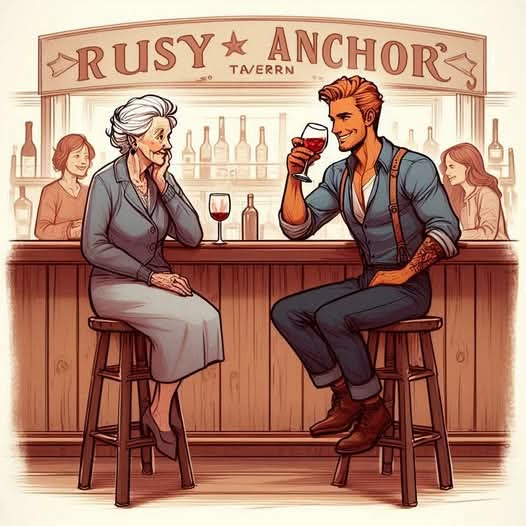
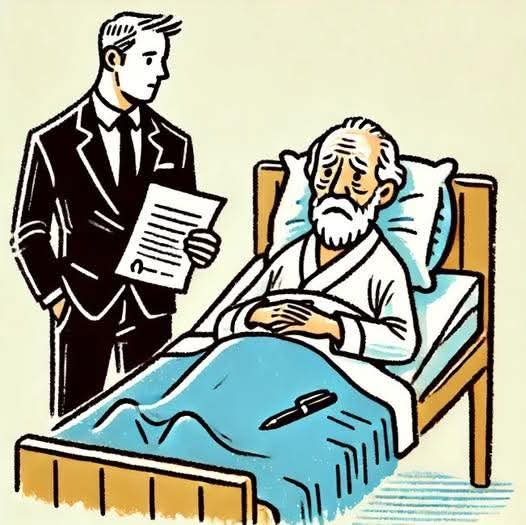

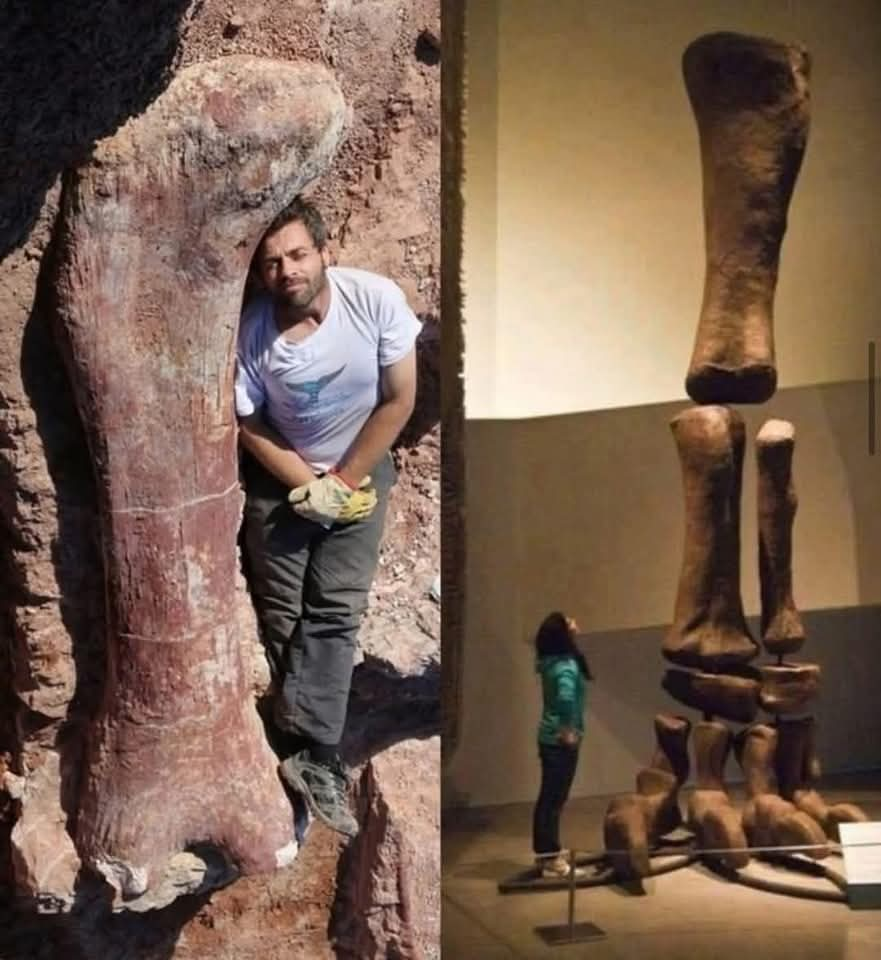
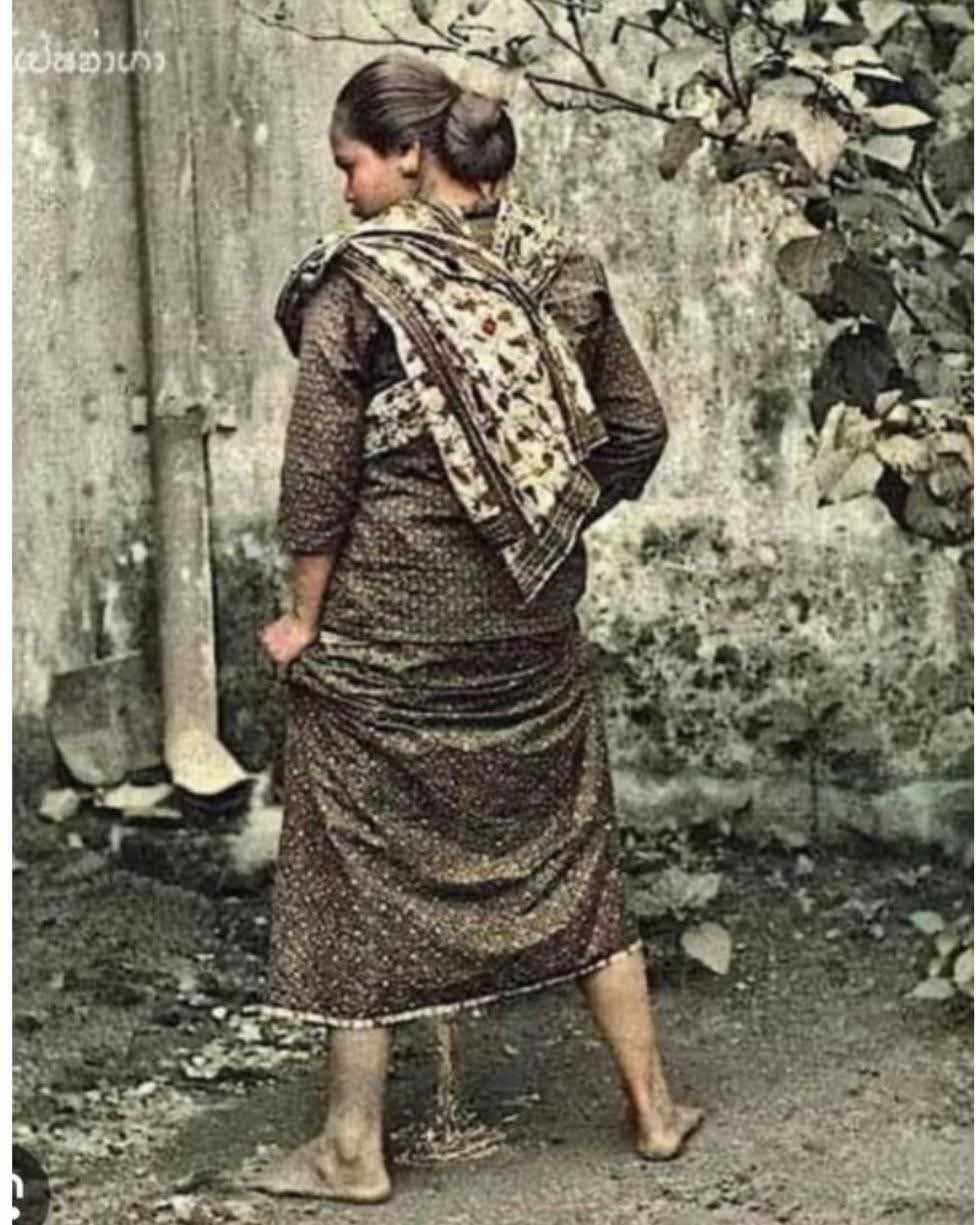
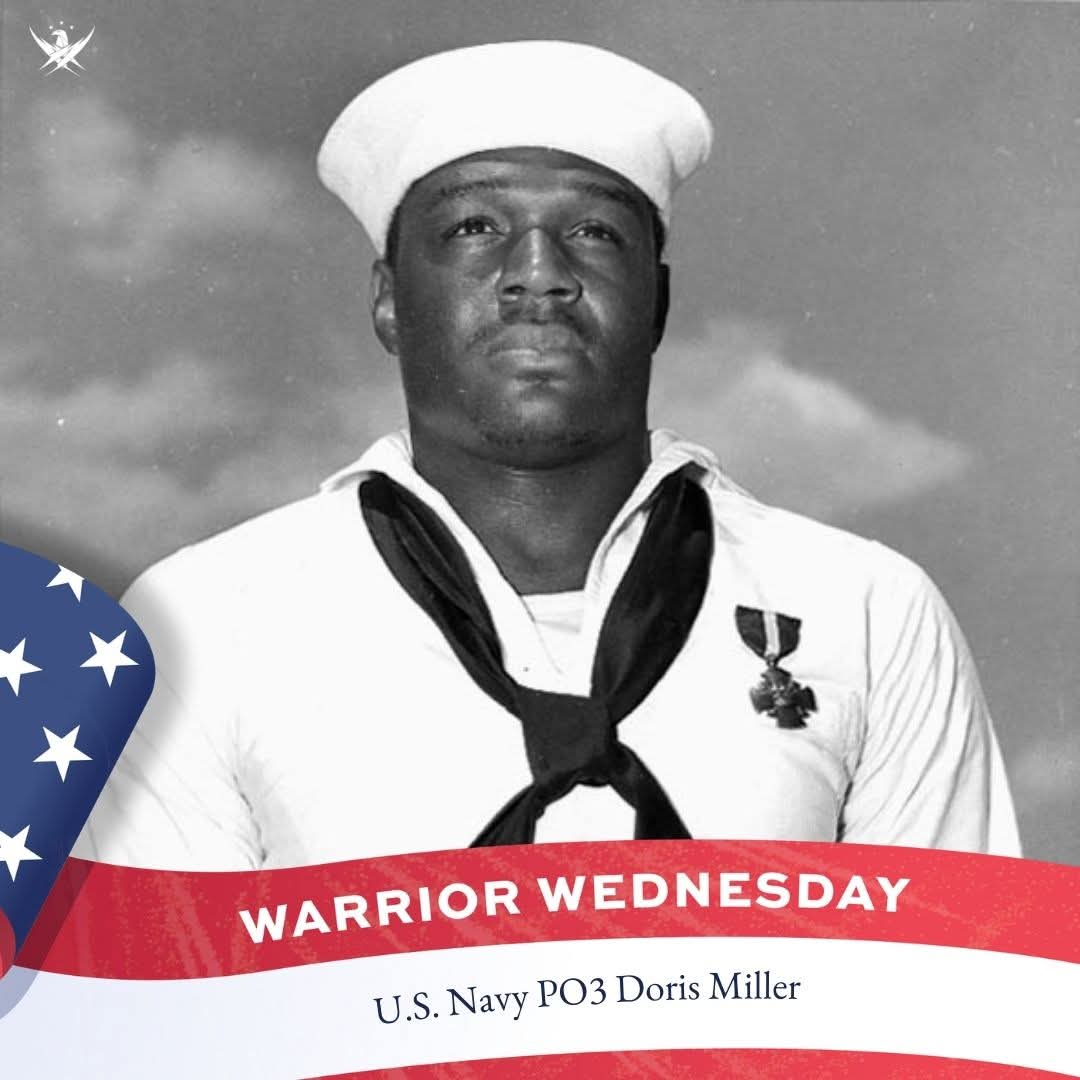
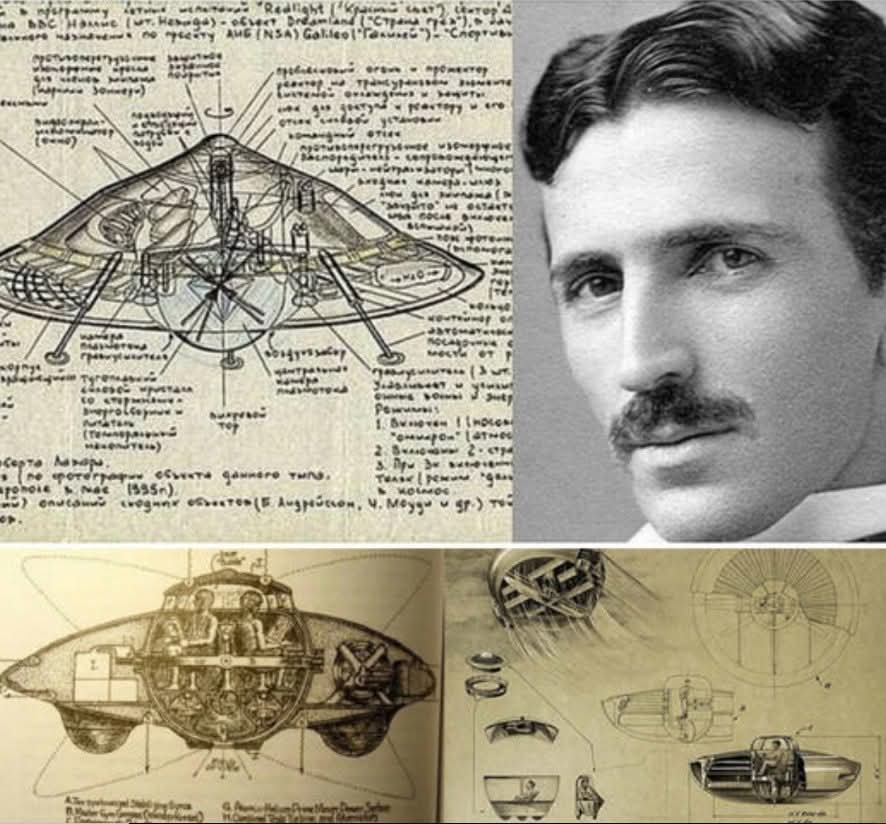
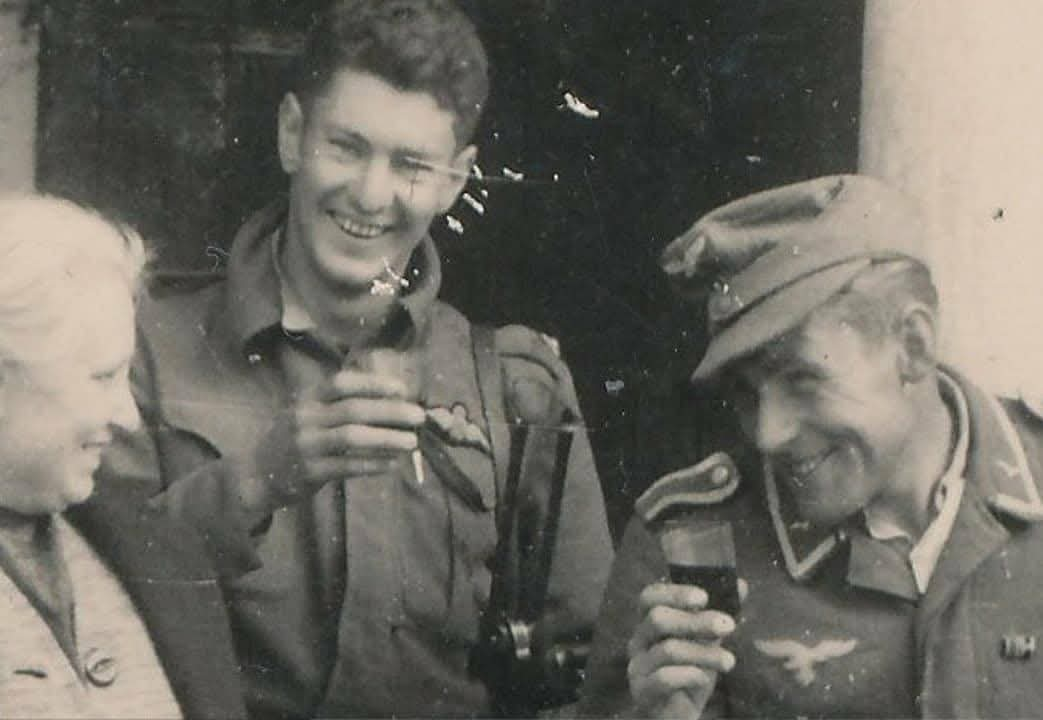

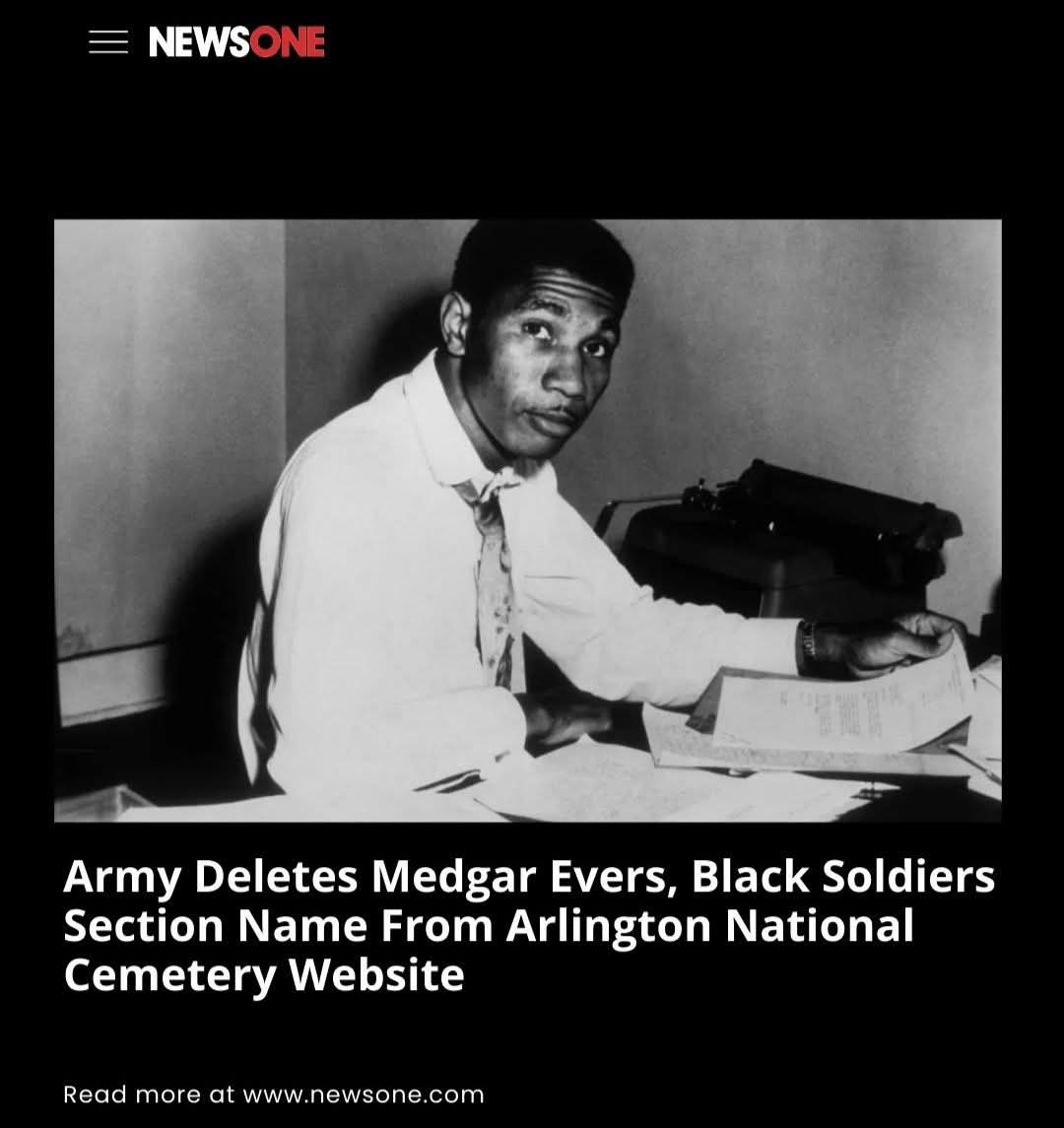
Leave a Reply